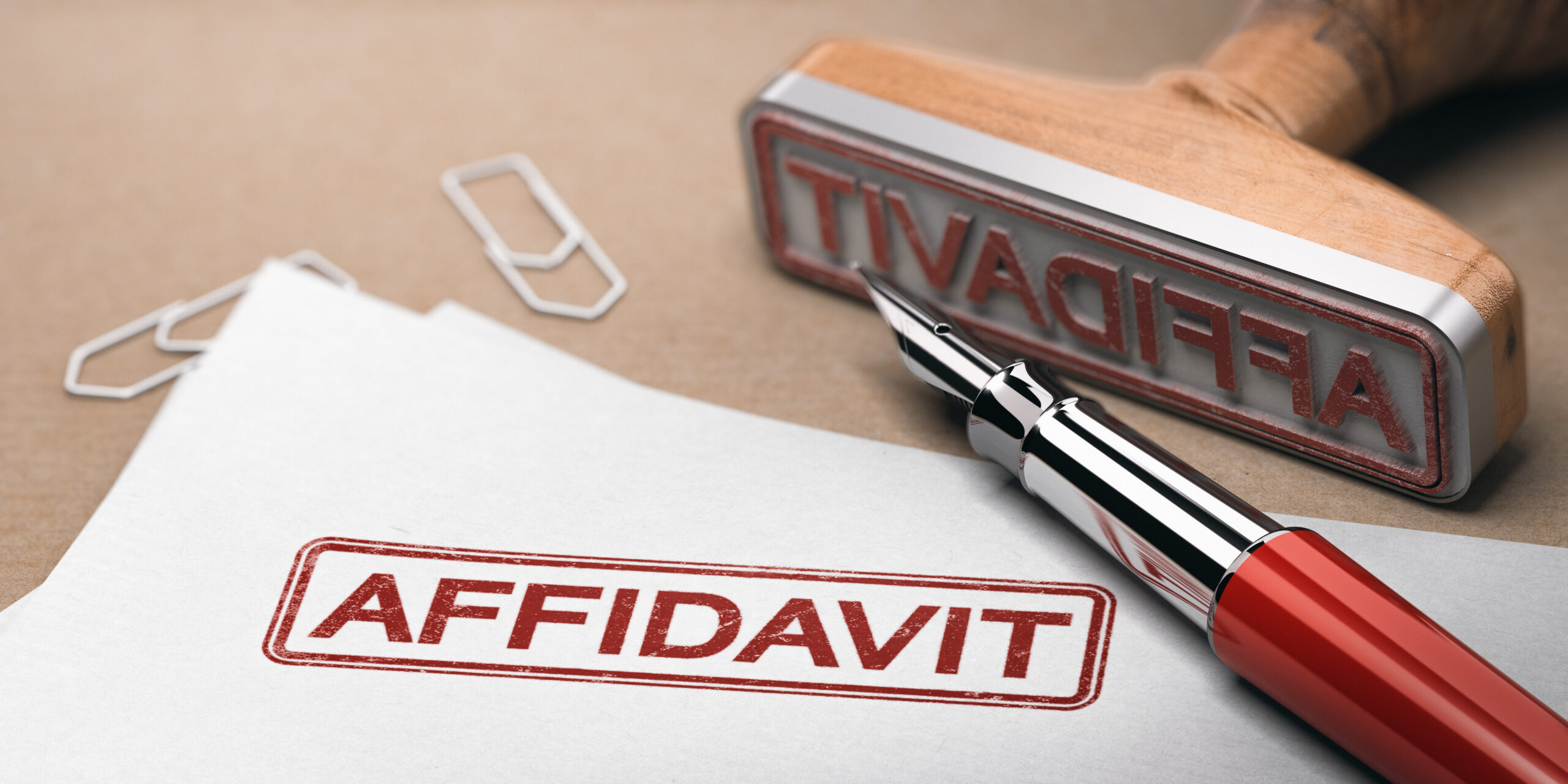
Glitter lacks substance and makes a kindergartener’s art a masterpiece without increasing its value.
I am a lawyer licensed to practise law in Ontario. I am also a commissioner of oaths. I am also a notary public. What does all that mean, and what does that have to do with glitter?
As a lawyer (a “licensee”π in Law Society of Ontario parlance), I am allowed to provide legal advice. As a lawyer, I am also a commissioner of oaths. I can swear someone in to tell the truth at an official examination, like questioning or discoveries, or to finalize an affidavit to make it a sworn document. “Do you swear to tell the truth …”. You know the line. To say “yes” to that question when posed by a commissioner of oaths, and then to knowingly not tell the truth, is a criminal offence. Without the formality of what is called the jurat (the question “do you swear …”), it is just a lie without legal ramifications*.
Some people can be a commissioner of oaths without being a lawyer. The law allows some government officials to administer oaths, like a mayor, a city counsellor, judges**, court clerks, and others. Some others can apply to be a commissioner of oaths for limited purposes, like law office staff and process servers.
I am also a notary public. Not all lawyers are. I had to apply and be accepted. However, as a lawyer, I am allowed to be a notary public as I fit within the class of persons who qualify. If you are not a lawyer but meet the requirements of the regulations, you can become a notary public. Funny thing while researching this post. There are no regulations defining who can be a notary public. It appears only licensees of the Law Society qualify.
So what is a notary public?
As one, I have a formal, unique seal I can apply to documents to notarize them. Simply affixing a seal to a document is not a proper use of the power unless it is to:
(a) witness or certify, and attest, the execution of a document;
(b) certify and attest a true copy of a document.
There is no jurat to administer. By notarizing a document, I am assuring the accuracy of the purpose for the notarization (see (a) and (b) above). Asking a notary public (who was not a witness) to affix a seal onto a power of attorney or to emboss a bachelor’s degree does nothing to the document but damage it.
In my experience, some government or bank officials are impressed by the notary seal, but unless it is sealing a document for the purposes of (a) and (b) above, it is, I humbly submit, legal glitter.
π Paralegals are also licensees of the Law Society. This becomes important later.
* Some exceptions apply, like applying for a mortgage or speaking to police.
** Technically, judges stop being lawyers when they are summoned to the bench. They are not allowed to provide legal advice and are not governed by the Law Society of Ontario.
